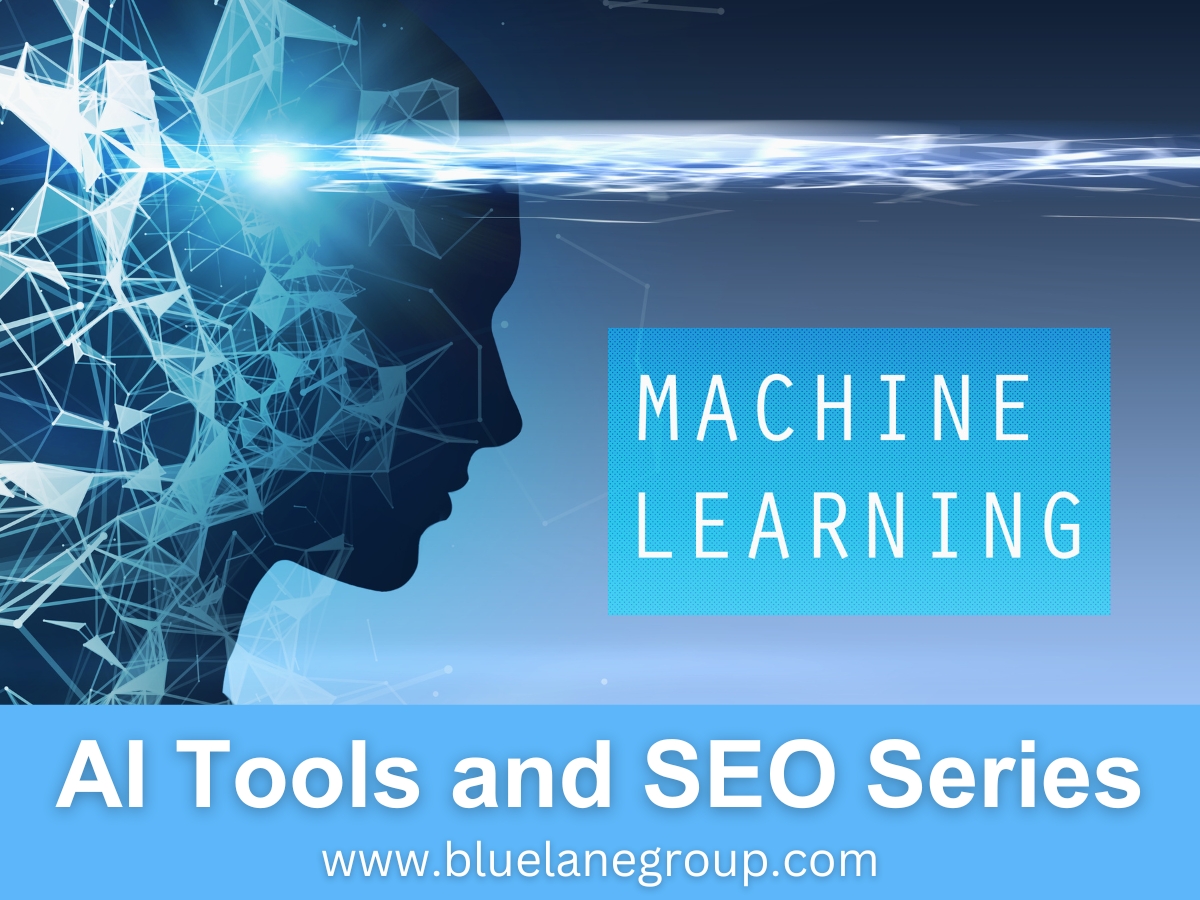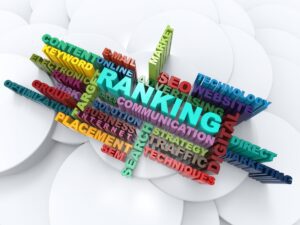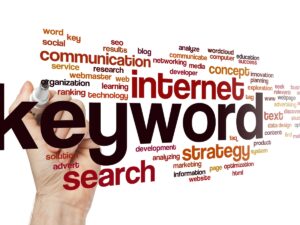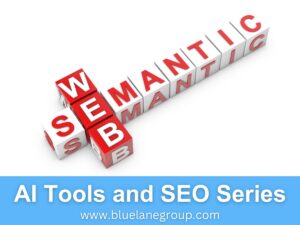Introduction: Revolutionizing SEO with Machine Learning
In this enlightening article, we dive deep into how AI and SEO machine learning strategies converge through the application of machine learning. We’ll discuss its groundbreaking algorithms, diverse applications, and how it can significantly elevate your SEO efforts.
Quick Brief – For Those On a Tight Schedule
- Machine learning, a subset of AI, is reshaping SEO strategies by automating data analysis and decision-making processes. It allows for more precise keyword optimization, brilliant link building, and better content targeting. In essence, machine learning in SEO is a multiplier that enables more effective and efficient strategies. Adopting this technology means you’re not just keeping up with the SEO game but staying ahead.
- As AI and SEO increasingly overlap, machine learning emerges as a powerful ally. By integrating machine learning into your SEO strategies, you’re investing in a future where data-driven decision-making becomes possible and a standard practice that sets you apart from your competition.
Welcome to the eighteenth article in the Blue Lane Group series on AI Tools and SEO: Building Tomorrow’s Search Strategies Today. This series examines how artificial intelligence is reshaping the field of search engine optimization, offering tools and strategies to boost website rankings, improve user engagement, and make content more relevant.

Disclosure: The digital products mentioned in this article are highly regarded in the marketplace and are endorsed by the Blue Lane Group staff. We may earn a commission at no additional cost if you purchase through the provided links.
Table of Contents

Why AI and SEO Strategies are Transformative
Integrating Artificial Intelligence (AI) into SEO strategies is transformative. AI’s ability to analyze massive data sets allows for more nuanced and personalized search engine results. Machine learning, a subset of AI, enables search algorithms to learn from user behavior, evolving and refining SEO strategies over time.
This ushers in a new era of search engine optimization that is dynamic and user-centric. Google’s RankBrain, one of the leading AI-based algorithms, exemplifies how machine learning can significantly improve search result relevancy. Implementing AI and SEO together can give businesses an unprecedented edge in digital marketing.
Conventional SEO vs. AI and SEO Strategies
Traditional SEO focuses on keyword placement, meta descriptions, and backlinking strategies. While these tactics are still relevant, the advent of AI and SEO machine learning strategies, like those provided by DeepCrawl, offer a far more sophisticated approach.
Machine learning algorithms analyze patterns and behavior, making real-time adjustments to improve site rankings. SEO is no longer a set-it-and-forget-it endeavor; it’s an evolving landscape that benefits greatly from the insights machine learning can provide.
What Sets Machine Learning in SEO Apart
Machine learning in SEO is a game-changer for several reasons. First, it can make incredibly accurate predictions about what users will likely search for, enabling more precise keyword optimization strategies.
Second, it can analyze user interaction metrics like click-through rates and dwell time to determine the quality of web pages. Tools like Moz leverage machine learning to offer detailed analytics that can drive your SEO strategies. This provides a level of data-driven decision-making largely absent in traditional SEO.

How AI and SEO Strategies Using Machine Learning Work
Machine learning algorithms in SEO collect data from various sources, including search queries, user behavior, and even social signals. Once gathered, this data is then processed and analyzed to identify patterns.
SEO machine learning tools such as SEMrush and Clearscope use these patterns to offer actionable insights that can optimize website content, structure, and overall strategy. Over time, these algorithms adapt, learning from the successes and failures of past designs, making them more effective and efficient.
This creates a more seamless and personalized user experience, improving search rankings.
The Algorithms Behind SEO Strategies
The algorithms behind SEO have evolved dramatically with the introduction of machine learning. Modern algorithms use machine learning to understand user intent and satisfaction instead of relying solely on static variables like keyword density and backlinks.
For instance, Google’s RankBrain and Bing’s AI algorithms are designed to interpret the nuances of human language, thus making search results more relevant to individual queries.
Advanced SEO tools like Ahrefs leverage these algorithmic changes to provide more accurate tracking and optimization suggestions. By understanding how these algorithms work, SEO professionals can more effectively align their strategies with search engine behavior.

Key Features of AI-Driven SEO Strategies
AI-driven SEO strategies offer a variety of critical features that set them apart from traditional approaches. These include predictive analytics, sentiment analysis, and natural language processing.
Tools like DeepCrawl and Clearscope offer sophisticated AI-driven analyses that can delve deep into a website’s structure and content to identify SEO opportunities. These tools also provide comprehensive reports that detail strengths and weaknesses, thus helping users make more informed decisions.
These features enable an unprecedented level of personalization and accuracy in SEO strategies.
Real-time Adjustments in SEO
One of the most impactful advantages of AI and machine learning in SEO is the capability for real-time adjustments. Machine learning algorithms continually analyze incoming data to immediately change SEO strategies, from keyword focus to content recommendations.
For example, SEMrush offers a feature that allows real-time tracking of keyword positions, enabling quick adjustments to SEO strategies as market dynamics change. This level of responsiveness is crucial in today’s fast-paced digital landscape, where search engine algorithms and user behaviors are constantly evolving.
Machine Learning Models in SEO
Machine learning models are at the heart of AI-driven SEO strategies. These models are designed to learn from data; the more data they process, the better they become at prediction and analysis.
Whether it’s a recommendation engine model like the one used by Moz or a clustering algorithm that groups similar content for easier management, these models serve as the backbone of modern SEO strategies.
They adapt over time, becoming more efficient and accurate in predicting which SEO tactics will yield the best results, thus streamlining the SEO process and boosting effectiveness.

Case Studies: AI and SEO Success Stories
Case studies often serve as the most compelling evidence of the efficacy of AI and SEO strategies. Various companies have seen dramatic increases in organic traffic, customer engagement, and ROI after implementing machine learning models into their SEO practices.
For example, businesses using MarketMuse have reported enhanced content optimization, which led to increased search rankings and higher visibility. These success stories demonstrate the potential impact of integrating AI into SEO and provide valuable insights into best practices and methodologies.
Improving Organic Traffic Through AI
Improving organic traffic is one of the critical goals for any SEO campaign, and AI can play a crucial role in achieving this. Through predictive analytics and real-time data analysis, AI can identify which pieces of content are most likely to rank well in search engine results.
Tools like BrightEdge offer features that specifically focus on organic search, providing insights that can improve keyword ranking and, consequently, more organic traffic. By utilizing machine learning algorithms, SEO professionals can dynamically adjust their strategies to target emerging trends and opportunities in organic search.
Boosting Conversions with Machine Learning
Increasing conversions is often the ultimate goal of SEO, and machine learning offers sophisticated methods to achieve this. By analyzing user behavior and other key metrics, machine learning models can predict what content or product recommendations are most likely to result in a conversion.
For instance, companies using Unbounce’s Smart Traffic feature have seen conversion rates increase significantly, as the tool directs visitors to the landing page variant where they’re most likely to convert.
Using machine learning in SEO attracts more visitors and ensures they take desired actions, such as purchasing or signing up for a newsletter.

Challenges in Implementing AI in SEO
While AI and machine learning offer immense potential to revolutionize SEO strategies, challenges exist. One primary concern is the steep and technical expertise required to implement and manage AI algorithms effectively.
Additionally, issues related to data privacy, especially when using AI tools like Serpstat, cannot be overlooked. There are also questions about the scalability of AI solutions, as machine learning models require large sets of data to function optimally.
Navigating these challenges requires a thoughtful approach, blending human expertise with machine capabilities to create a harmonious SEO strategy.
Data Privacy in AI-Driven SEO
As businesses increasingly rely on data to power their SEO strategies, concerns about data privacy have moved to the forefront. When using AI and machine learning tools like Clearscope or Serpstat, it’s crucial to understand how these platforms handle data, including personal information that may be collected from user interactions.
Regulations such as GDPR in Europe and CCPA in California require stringent data protection measures. AI can assist in this area by automating data encryption and ensuring that personal data is anonymized before analysis. Nevertheless, reviewing the privacy policies of any AI tools you use and ensuring they comply with relevant laws and regulations is crucial.
Scalability Concerns in AI SEO
One of the challenges that organizations face when implementing AI in SEO is scalability. While machine learning models can provide valuable insights, they often require large data sets to be genuinely effective.
The computational power needed to run complex algorithms may also necessitate infrastructure upgrades. Some tools like MarketMuse are designed with scalability in mind, offering solutions that can grow with your business needs. However, it’s essential to consider these factors carefully while planning for AI integration into your SEO strategy.

Future Trends in AI and SEO Strategies
AI and machine learning are not static fields; they are constantly evolving. We expect even more sophisticated algorithms capable of semantic understanding and predictive analysis shortly. Real-time SEO adjustments will become more prevalent based on current trends and user behavior.
Machine learning models will likely become more accessible, even for smaller businesses, thanks to cloud computing solutions. Keep an eye on AI platforms like Clearscope and Unbounce as they continue to innovate and offer new features that will shape the future of SEO.
How to Choose the Right AI SEO Tools
Given the myriad options available, selecting the right tools for your AI-driven SEO strategy can be daunting. However, there are several key factors to consider. First, identify the specific needs of your SEO campaign.
Are you more focused on content optimization, link building, or keyword analysis? Tools like Sistrix are excellent for comprehensive SEO analysis, while BrightEdge offers specialized features for improving organic traffic.
Consider the tool’s scalability, data privacy features, and user interface. Taking the time to research and possibly test out different platforms thoroughly can be the difference between the success and failure of your AI-driven SEO campaign.

FAQ: Your Top Questions on AI and SEO Strategies Answered
This section tackles some of the most frequently asked questions about incorporating AI and machine learning into your SEO strategies. As the technology rapidly evolves, understanding its applications, limitations, and benefits for SEO can provide a competitive edge.
Why is Machine Learning Vital for SEO?
Machine learning is changing the game in SEO by allowing for more data-driven, precise, and adaptive strategies. Traditional SEO practices, although practical, are static and require human intervention for adjustments.
Machine learning, incorporated into tools like BrightEdge and Sistrix, automates the analysis of large data sets to identify patterns, keywords, or user behaviors that humans might not easily spot. This level of analysis enables more targeted and effective SEO strategies, from keyword optimization to content planning.
What Makes AI-Driven SEO Strategies Unique?
AI-driven SEO strategies are unique in their ability to adapt in real-time quickly, analyze massive data sets, and predict future trends based on current data. Unlike traditional methods that often involve a lot of guesswork and manual effort, AI and machine learning provide actionable insights backed by data.
Clearscope and Unbounce offer advanced features like content relevance scoring and real-time adjustments, setting them apart from conventional SEO tools.
How Does AI Ensure Privacy in SEO?
Data privacy is a significant concern, especially with increasing regulations like GDPR and CCPA. AI-driven SEO tools like MarketMuse and Serpstat are designed with these concerns in mind.
They employ advanced encryption algorithms to protect the data being analyzed. Additionally, many AI tools are programmed to anonymize data before it’s analyzed to ensure that personal information is not compromised.
This allows businesses to comply with data protection regulations while benefiting from AI’s insights.

Conclusion: The Future of AI in SEO Strategies
The intersection of AI and SEO is proving to be one of the most exciting developments in digital marketing. As these technologies evolve, they’re redefining how businesses approach SEO, making strategies more efficient, adaptive, and targeted than ever before.
Through machine learning, AI tools are setting new standards for what’s possible in terms of data analysis, real-time adjustments, and predictive planning. But it’s not just about the capabilities of these AI-driven tools; it’s also about the growing necessity for businesses to adapt.
With the digital landscape becoming more competitive, failing to leverage the full potential of AI could mean falling behind. Data privacy considerations and scalability challenges are valid concerns but are being rigorously addressed by these evolving technologies.
Ultimately, AI in SEO is more than just a trend; it’s becoming a fundamental aspect of effective digital marketing. By embracing these advancements, businesses can position themselves at the forefront of a revolution in online visibility and user engagement, making the future of AI in SEO not just promising but indispensable.
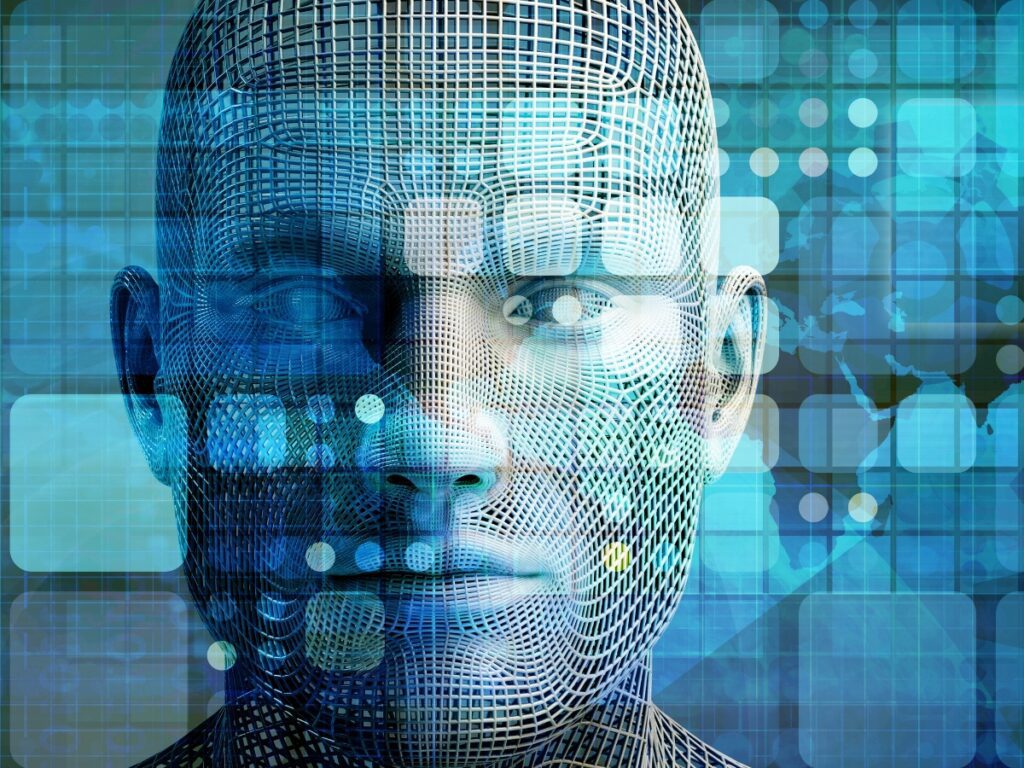
You Might Also Like:
If you enjoyed this article and received value from it, check out the other Blue Lane Group articles in the AI Tools and SEO: Building Tomorrow’s Search Strategies Today series:
- Uncover Hidden Opportunities: AI in User Behavior Analytics Tools
- Elevate Your Strategy: The Importance of SEO Optimization
- The Role of AI in SERP Analysis: A Revolutionary Approach
- Transform User Experience: Content Personalization with AI
- Boost Your Site’s Performance: AI in Technical SEO Audits
- Outsmart Your Rivals: AI in Competitive SEO Analysis
- Transform Your Content Strategy: AI-Driven Content Generation Revealed
- AI Link Building: The Secret to Unbeatable SEO
- Breakthrough Technology: Using AI for Image and Video SEO
- Drive More Traffic: Leveraging AI SEO Mobile Strategy
- Drive Engagement: How Sentiment AI Analysis for SEO Works
- Maximize ROI: Using an AI-Driven SEO Dashboard and Reporting Effectively
- Thrive Locally: AI Local SEO Tools You Can’t Ignore
- Ignite Sales: Utilizing AI for PPC Campaigns Strategies
- Amplify Your Reach: The Best Influencer Tools Powered by AI
- Elevate Rankings: AI in Social Media and SEO Strategies
- Optimize Success: Understanding AI Semantic Search for SEO
- Unleash the Power: AI and SEO Strategies Using Machine Learning
- Optimize Conversions: AI and Search Intent Tactics


